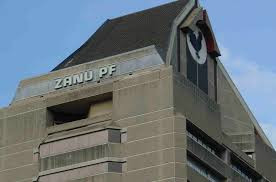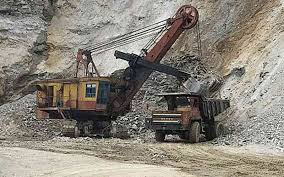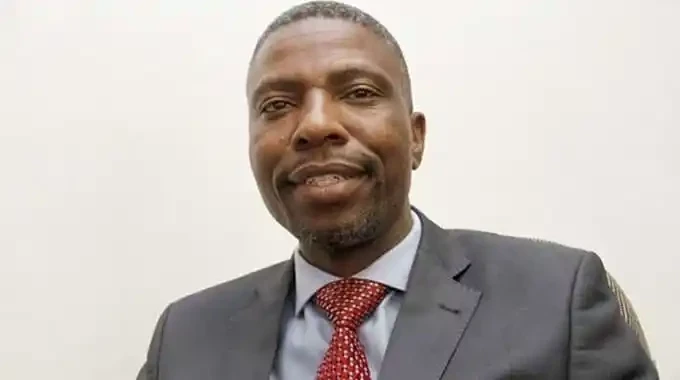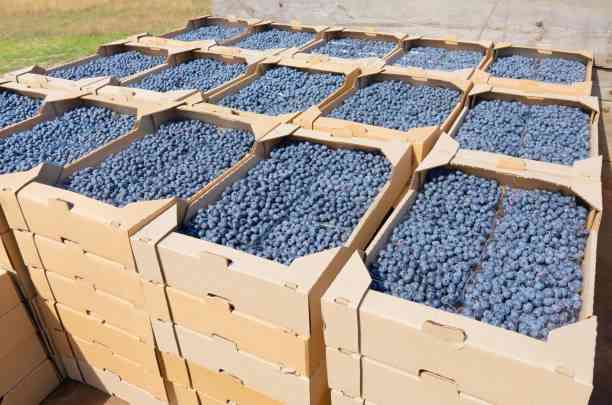
WORKERS have, for the longest time endured serious hardships due to a turbulent economic landscape.
The local currency instability, which always pushes up prices of goods and services is one of the major headaches.
A study at the economic history of Zimbabwe shows that from around 2000, the country has not known currency stability.
Many Zimbabweans are now complaining about the “unending new measures” to stabilise first the Zimbabwe dollar, (ZWL), and now the Zimbabwe Gold (ZiG).
Everyone remembers the traumatic years of 2007-2008 where everyone was a billionaire but yet could not afford to buy just a loaf of bread. Inflation reached an all-time high and workers, again, were reduced to penury.
It was only after the dollarisation of 2009-2013 that workers could find a bit of cheer as many could now afford to sustain their families. During that time civil servants, including teachers were earning about US$540 – for the lowest paid.
But all that vanished as government reverted to the unstable Zimbabwe dollar, which was, again removed.
What an inconsistency!
- Chinese company accused of unfair labour practices
- US dollar minimum wage a compromise, starting point
- No migration of pensioners to Ecosure - Nssa
- Social dialogue and effectiveness of tripartism in Zimbabwe
Keep Reading
Currency rides on public confidence and perception. However, the fiscal and monetary authorities have really done a shoddy job on this front.
The trust in our local currency is rock bottom. This is why it keeps losing value despite numerous “new measures”.
Now, just this week, after long-protracted salary negotiations, the government awarded its employees an increase of US$40 payable in ZiG at the prevailing rate of US$1:ZiG25.
This means the least paid civil servant gets US$364 from US$324. But unions such as the Zimbabwe Teachers’ Association (Zimta) are demanding a living wage of about US$1 200 for educators.
Research by Zimta showed that for a teacher to sustain a family, the appropriate salary should not be less than US$1 200.
Hence, the US$364 versus the ideal salary of a middle-class earner, that is, US$1 200 – it means workers are living in poverty. Their buying power has been eroded, tremendously, forcing many to supplement their meagre earnings with informal trading.
It is a mockery to the years of educational and time investment by workers, most of whom have diplomas, degrees, masters, and PhDs. Comparatively, teachers in South Africa earn around R13 000 (about US$700) for the least paid.
That explains the brain drain that has haunted Zimbabwe in the past two decades. Millions are economic refugees in neighbouring countries and overseas.
The government must do better to protect workers. And adding to the burden of the already strained workers are high taxes.
Just recently, the Ministry of Energy and Power Development authorised the Zimbabwe Energy Regulatory Authority (Zera) to impose a new US$0,005 petroleum levy per litre on petrol and diesel.
This is in accordance with the Statutory Instrument 168 of 2024, which was published in a supplement to the Government Gazette on October 11.
Fuel prices are high in Zimbabwe due to taxes, which already account for a significant 35% of the overall price in Zimbabwe. Moreso, fuel taxes made up approximately 70% of the country’s excise duty revenue in 2023.
Government gets most of its excise duty from fuel sales, therefore, the taxation will simply not stop.
But it just hurts the ordinary worker who is already struggling from poor remuneration.
What exploitation! It is insensitive to keep pilling tax burdens on poor employees.
As espoused in Article 22 of the United Nations Universal Declaration, “Everyone, as a member of society, has the right to social security and is entitled to realisation, through national effort and international co-operation and in accordance with the organisation and resources of each State, of the economic, social and cultural rights indispensable for his dignity and the free development of his personality”.
While Article 23 states that: “Everyone who works has the right to just and favourable remuneration ensuring for himself and his family an existence worthy of human dignity, and supplemented, if necessary, by other means of social protection”.
Even pleas to have the 2% tax on electronic transactions removed have fallen on deaf ears. Zimbabweans are overly taxed and the government must come up with other measures to generate revenue instead of relying on taxing its citizens to death.
In all the currency instability, poor salaries and unreasonably high taxes, Zimbabwe has vast mineral resources such as gold, diamonds, lithium, platinum and chrome. Billions of dollars are generated from the mining sector but there is no transparency on how the resources are used.
Across the border, in Botswana, where the major mineral is diamond, the living standard is high compared to Zimbabwe.
It is time the natural resources are properly used to benefit the nation rather than a few elite.









